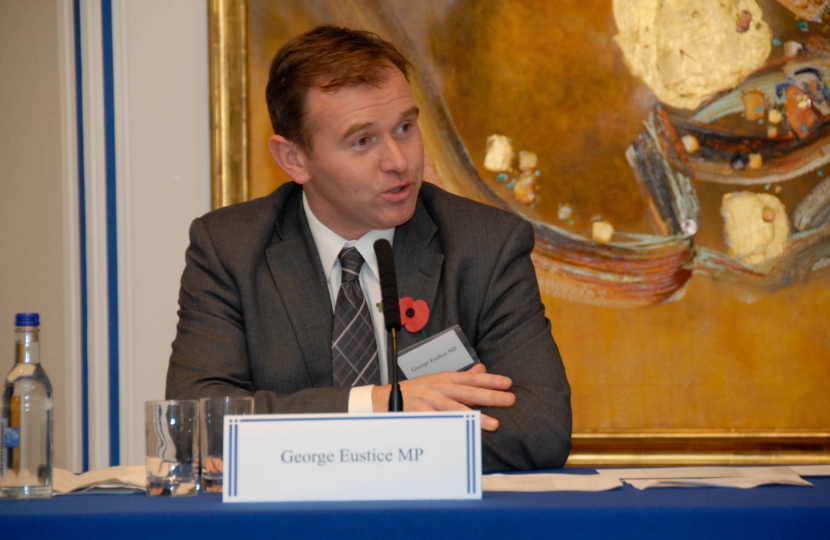
The Conservative Disability Group hosted their first parliamentary round-table discussion on the topic of the work programme in July 2011. Group Chairman, George Eustice MP, was delighted to welcome representatives from the charities Mencap, Remploy and Scope to Parliament, as well as Jill Manthorpe, Professor of social work at King’s College London. The group was joined by a selection of new-intake Conservative MPs eager to learn more about the work programme in practice.
All the charities represented are core contractors for the work programme, and the discussion was started with a brief introduction from each representative as to their organisation’s engagement with the programme. Professor Manthorpe also gave an academic overview of the challenges faced.
Craig Lewis, Employment Services Director of Operations at Remploy said he “fully supports the structure of the work programme” before going on to detail how his organisation prides itself on “the personal way it deals and commutes with disabled people”. Remploy are currently the largest work choice for disabled people, and engage with the work programme and work choice. Through projects like the Sainsbury’s ‘You Can’ initiative, Remploy have proved that “employing disabled people is good for business”.
The group discussed the potential difficulties of the Work Capability Assessment (WCA) including measuring the distance to work, and the providing specialist advice about the work of choice. It was agreed that problems surrounding the fluctuating symptoms of mental health conditions should be discussed when structuring the WCA. There was a consensus throughout the group that there was a need to establish clear pathways to work whilst also removing historic barriers.
Jane Ellison MP talked of the importance of supporting disabled employees and their employers once they have found a job and Caroline Dineage MP emphasised the importance of promoting a positive mindset amongst disabled people so that they are feel encouraged and willing to work.
Scope’s representative, Lucinda Roberts, said, “Disabled people want to work, however, many are frightened to apply because of the humiliation of being turned down”.
Simon Parkinson from Mencap alluded to the “serious misunderstandings” that prevail amongst employers and businesses in relation to disabled workers which he felt was a contributing factor as to why it is often difficult for them to secure a job. He said that Mencap worked hard to dispel those misconceptions, and Craig Lewis pointed out that ASDA have said “disabled employees are likely to take less time off work, and are 10% more likely not to leave the company”.

